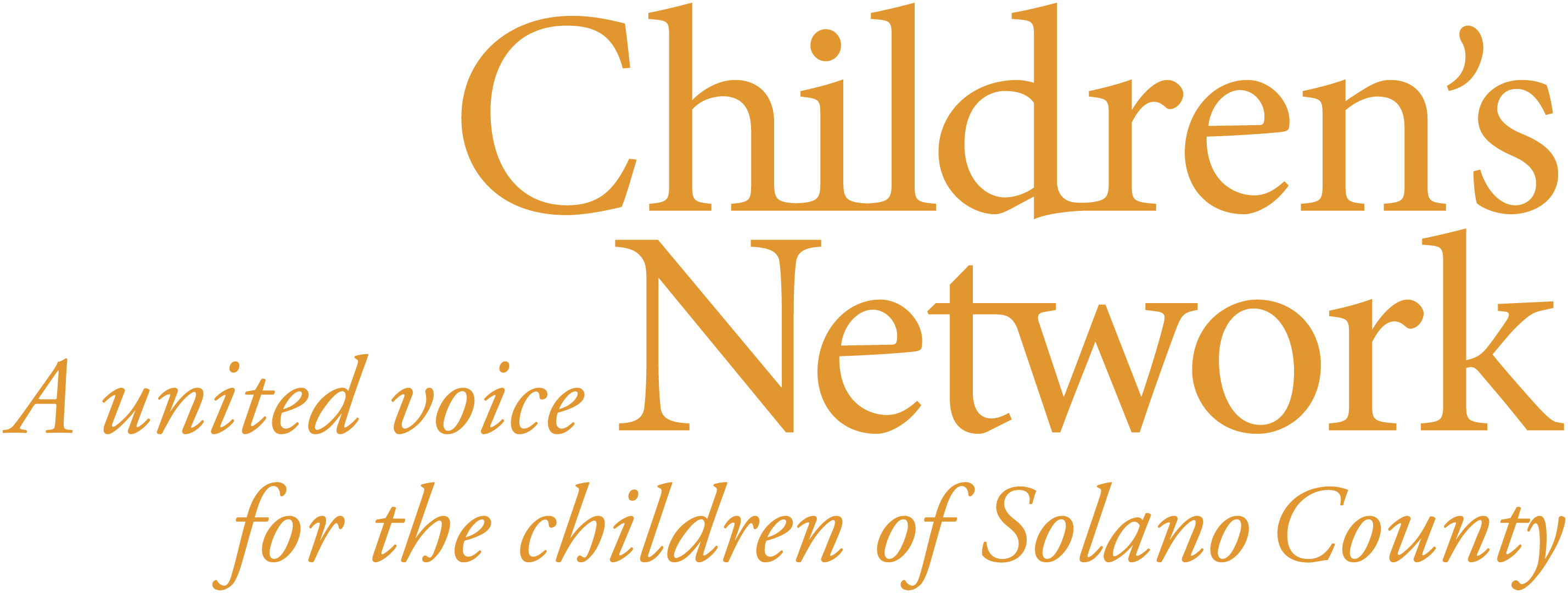IMMIGRATION RESOURCES
6/17/2025
What To Say to Kids About ICE
Children's Network of Solano County

Even if a child isn’t directly affected, they may hear about ICE at school or online. Avoiding the topic can lead to more fear. Calm, honest conversations help children feel safe and supported.
Why These Conversations Matter
Kids overhear things at school, online, or from adults. Without clear guidance, they may feel anxious, confused, or afraid. You don’t have to know everything to help. Being present, calm, and honest makes a big difference.
Start the Conversation
Start with curiosity by asking open questions to understand what they know. For example, ask “What have you heard about ICE?” or “Do you know what immigration means?”
If they are unsure, explain simply: "ICE is a government group that makes sure people follow immigration laws. Some people are scared because ICE can decide if someone has to leave the country."
You can also provide context by saying: "Some families are being separated because of where they were born or how they came to the U.S. Even kids like you are being hurt, and that is not okay. That is not how problems should be solved."
What NOT to Say
It is natural to want to protect children from scary topics but some common responses can make things worse.
Avoid phrases like:
• “Don’t worry about it.” This can feel dismissive
• “That won’t happen to us.” This may give false security
• Replaying or talking about scary news footage. This increases anxiety
Instead, try saying:
• “You’re not alone. People are helping, and I’m one of them.”
• “It’s okay to feel scared. We can talk about it and find ways to feel better.”
Supporting Emotions
Your calmness helps kids feel safe. Create space for them to express feelings through drawing, journaling, or talking. Use calming tools like breathing exercises or routines. Always reassure them they can come to you with questions or worries.
“It’s okay to feel scared sometimes. What matters is that we talk about it. I’m here for you.”
Conversation Tips by Age
Ages 3 to 6:
Keep explanations simple and comforting. Say, “Some families are being treated unfairly because of where they were born.” Offer extra comfort with hugs, stories, and routine. Reassure them they are loved and protected.
Ages 7 to 11:
Provide more detail. Say, “Some families are being separated because of how they came to the U.S. That isn’t right.” Let them ask questions and remind them to talk only to trusted adults.
Ages 12 to 18:
Be honest and open. Say, “It’s not fair that families are treated differently because of where they’re from.” Encourage teens to express feelings and ask questions. Support any positive actions they want to take.
Helping Kids Feel Prepared
Kids may worry about what happens if a caregiver is taken. A Family Preparedness Plan can help reduce fear and confusion. This plan should include emergency contacts, copies of IDs and important documents, instructions for temporary care, and medical and school information.
You can download a free Family Preparedness Toolkit at:
https://www.ilrc.org/resources/step-step-family-preparedness-plan.
Red Cards: Know Your Rights
Red Cards are small, wallet-sized cards that state your legal rights during encounters with immigration officers. You can show this card instead of speaking. It helps protect your rights and reduce stress.
They say:
• “I choose to remain silent.”
• “I do not give permission to enter.”
• “I want to speak to a lawyer.”
Cards are available in multiple languages and can be printed for free at:
https://www.ilrc.org/red-cards-tarjetas-rojas.
It’s important for children to know their rights too: "If an immigration officer talks to you or asks questions, you have the right to remain silent and to ask for a trusted adult or lawyer. You do not have to answer questions or sign papers without a grown-up you trust being there with you."
Knowing these rights can help children feel safer and more prepared if they ever find themselves in a difficult situation.
Being There Matters
You don’t have to have all the answers to make a difference. What truly matters is being there, listening with kindness, and offering your steady support. When children feel heard and understood, it helps them feel safe and less alone in uncertain times. Your openness, and care help create the trust that helps them navigate their feelings and fears with more confidence.
More Help and Resources
Visit www.childnet.org/immigration-resources for more guides, printables, and tools. Share this resource with other families, caregivers, and educators to help start important conversations.
This guide was developed using information from trusted organizations including the American Psychological Association (APA), National Child Traumatic Stress Network (NCTSN), Child Mind Institute, and Kids in Need of Defense (KIND).





